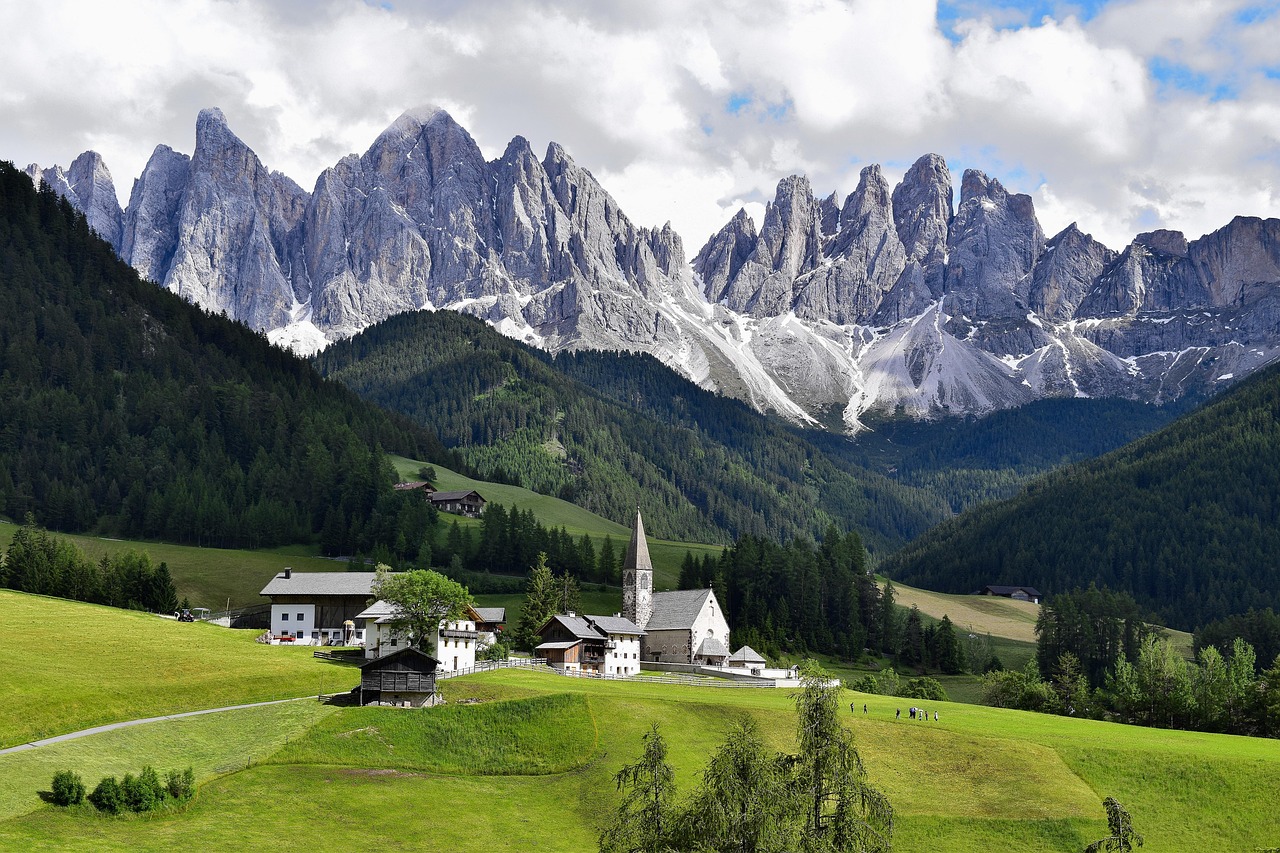What’s the difference between giorno and giornata?
Today I thought about writing about of the most frequent questions I got from students of Italian.
Is there any difference between ‘giorno‘ and ‘giornata’?” Yes, there is. And it is not a small one. Let’s explore the Italian language…
Giornata
‘Giornata‘ is used when referring to the approximate duration of the day from morning to evening or when speaking about the weather or characteristics of day.
- Che bella giornata oggi! – What a beautiful day
Ho passato un bel giorno! - Una giornata soleggiata – A sunny day
Un giorno soleggiato - Ho passato una bella giornata – I had a beautiful day
Ho passato un bel giorno. - Ho avuto una giornata pienissima – I had a busy day –
Ho avuto un giorno pienissimo
As you see from the above sentences, giornata is often matched with by a specification or an adjective. We could also say that when the word “day” comes with an adjective, the correct translation in Italian would be giornata.
Giornata is also used when referring to a special celebration or commemoration, often with a social or political aim such as
- Giornata della musica – The day of Music
- Giornata delle lingue moderne nel mondo – The day of languages
- Giornata della donna – Women’s Day
Giornata is also the amount of hours worked in a day, thus it is used to say something about the working day.
- Che giornata faticosa a lavoro! – What a busy day at work!
- Questa giornata non finisce più! – This is a never ending day!
Of course, there are several idiomatic expressions including giornata
Idiomatic expressions with giornata
- Fare le cose in giornata – doing something by the end of the day
- È a una giornata di macchina – it’s a day by car
- Giornata lavorativa – working day

Test Your Italian
Not sure what your Italian level is? I’ve created a free online Italian test to help you determine it.Giorno
‘Giorno’ is used when referring to the astronomical days, indicating the 24 h period.
Giorno is more generic and is used when referring to several days or a duration of time
- Vado in vacanza per 10 giorni – I’m going on vacation for ten days
- Ho preso 3 giorni di ferie – I took 3 days off
As you can see no sign of adjectives or specification to the noun, otherwise we would use giornata.
Idiomatic expressions with giorno
- Ogni giorno/settimana/mese/anno – every day/week/month/year
- Da un giorno all’altro – from one day to the next
- Tutto il giorno – all day long
- Uno di questi giorni – one of these days








